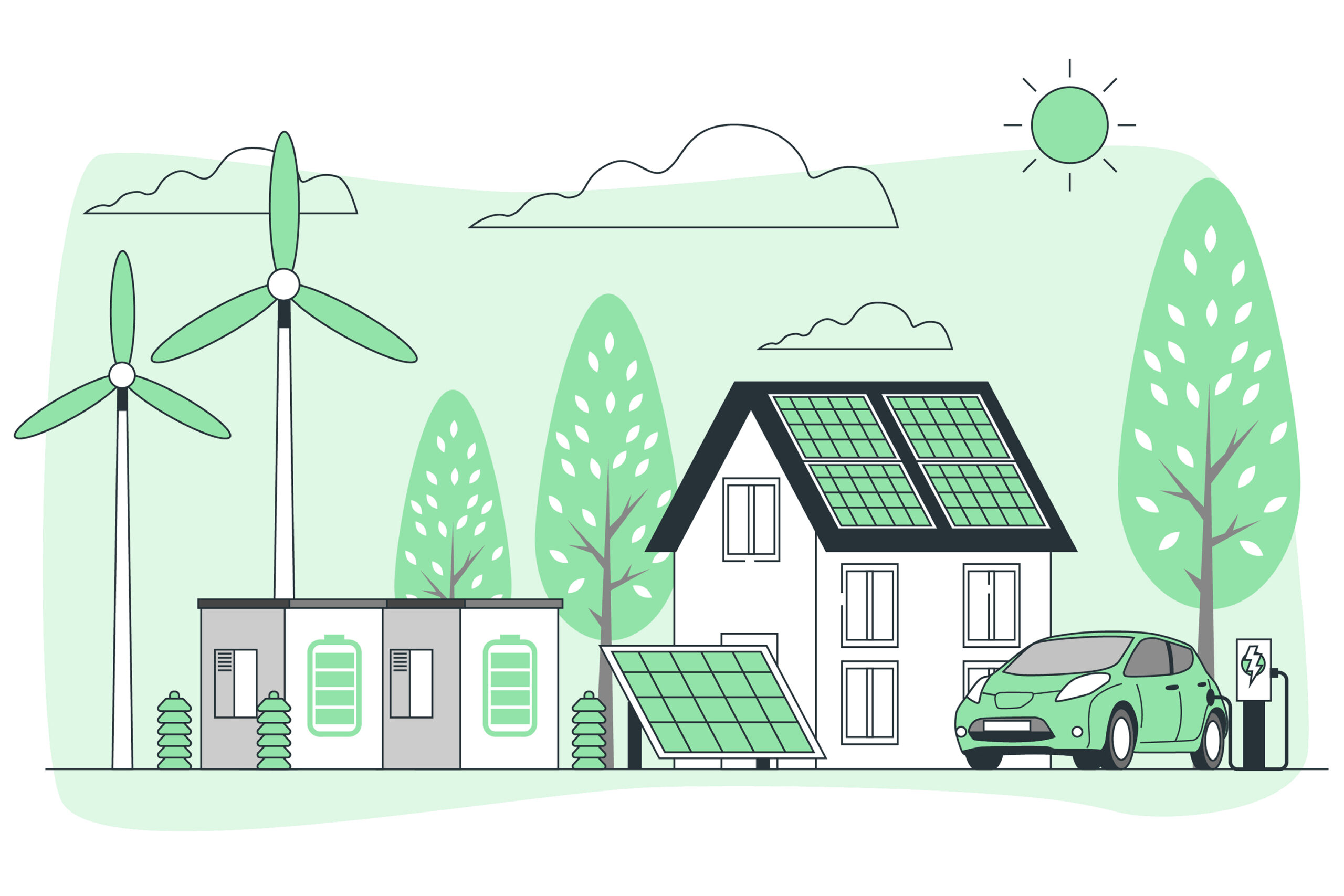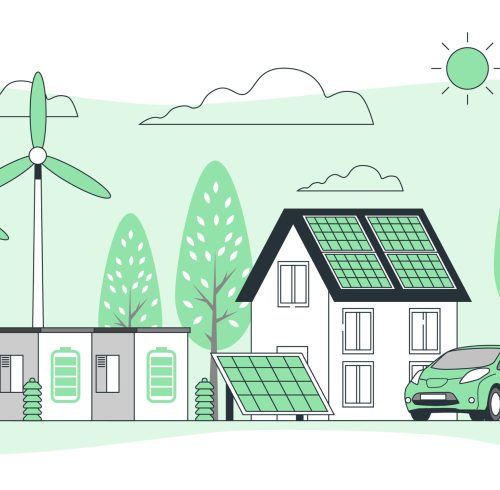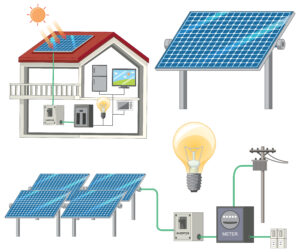
Introduction:
Solar energy is not only a viable solution to reduce energy costs but also an effective way to minimize our carbon footprint. In this article, we will explore the numerous environmental benefits of solar energy and why it is crucial for a sustainable future.
Reducing Greenhouse Gas Emissions:
Solar energy is a clean, renewable source of power that generates electricity without releasing harmful greenhouse gases, such as carbon dioxide (CO2) and methane. By reducing our reliance on fossil fuels, we can significantly decrease our contribution to climate change.
ConservingWater Resources:
Traditional power generation methods, like coal and nuclear power plants, require vast amounts of water for cooling purposes. Solar energy systems, on the other hand, require little to no water to operate, making it a more environmentally friendly option and preserving our valuable water resources.

Reducing Air Pollution:
Burning fossil fuels contributes to air pollution, which can lead to various respiratory and cardiovascular health problems. Solar energy produces electricity without emitting harmful pollutants, resulting in cleaner air and a healthier environment.
PromotingEnergy Independence:
Solar energy helps to reduce our dependence on imported fossil fuels, enhancing energy security and promoting a more stable and self-reliant energy infrastructure.
Conclusion:
Embracing solar energy can significantly improve the environment by reducing greenhouse gas emissions, conserving water resources, and reducing air pollution. By investing in solar energy solutions, we can build a sustainable future for generations to come.




